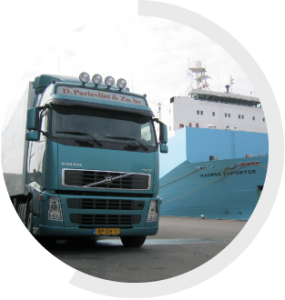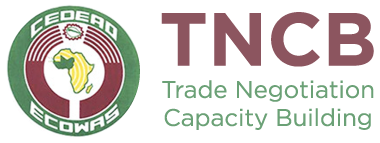[ebs-row]
[ebs-column lg=”7″ md=”8″ sm=”12″ xs=”12″ ]
The main activities of the TNCB Project are:
TRAINING
The ECOWAS TNCB project provides training and capacity building programs for member state to strengthen their international negotiation skills.
The project also contributes to building the human and institutional capacity at the ECOWAS Commission to enable it better play the increasingly central role in regional integration.
PLANNING AND COORDINATION MEETINGS
Meetings of the National Coordinating Committees on Trade (NCCT) and the Project Steering Committee (PSC) are held annually to provide strategic direction and review the progress made on the project.
TECHNICAL ASSISTANCE
The project has provided technical assistance to the ECOWAS Commission towards the finalization and adoption of the ECOWAS Common External tariff. The Economic Community of West African States has adopted a common external tariff for the whole region which entered into force on 1 January 2015.
A CET will have various implications for commercial policy within the region. In first instance, it to a large extent harmonizes the commercial policy of the member states of the community. It will also lead to a harmonization of customs procedures in the region and will therefore facilitate trade among the member states of the community. The CET is of high importance because of its potential impact on the movement of goods and services within the region.
SUPPORT TO NATIONAL INTER-INSTITUTIONAL COMMITTEE ON TRADE
Inter-institutional committees (IIC) were set up or strengthened with the intention of being the central national Committee and forum for dialogue among key stakeholders from Government and non-Government institutions on the national coordination and management of Trade Policy formulation, the monitoring of implementation of World Trade Organisation (WTO) Agreements, and the preparation of technical position for trade negotiations, particularly, negotiations in the WTO, the West Africa – European Union Economic Partnership Agreement (EPA), and the African Growth and Opportunities Act (AGOA). The Committee was also designed to play a central role in the coordination of domestic trade policy issues that go beyond the scope of the Ministry responsible for Trade.
[/ebs-column]
[ebs-column lg=”5″ md=”4″ sm=”12″ xs=”12″ ]

[/ebs-column]
[/ebs-row]




